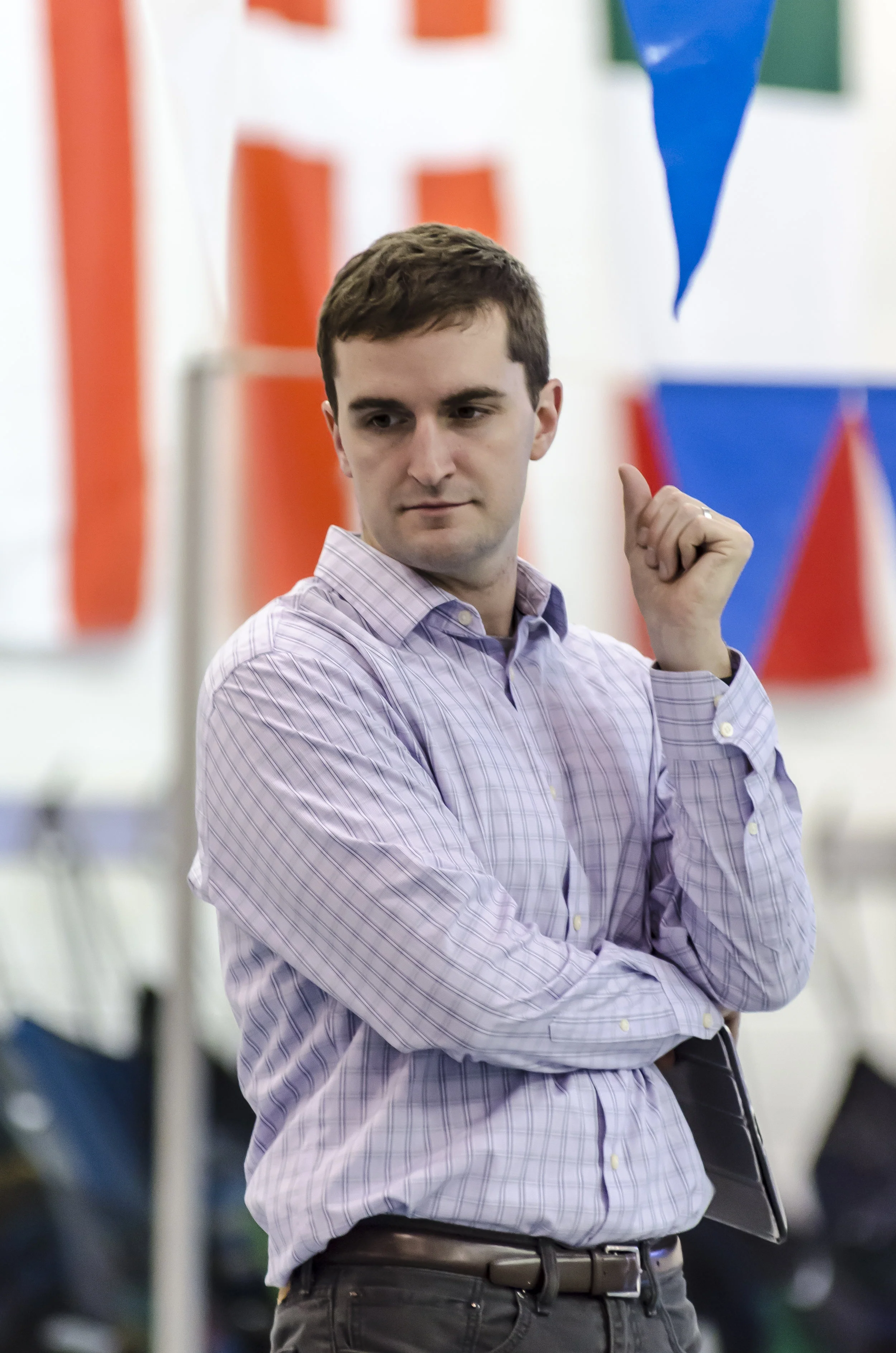A couple weeks ago, Missy Franklin announced her retirement in a heartfelt letter she posted to Instagram. At just 23 years of age, Franklin is ending her competitive career, probably for good.
Franklin, as she has throughout her career, offered the rest of us comfort. It’s very sad to see such a wonderful athlete stop at such a young age, but reading her letters brings the focus back to someone who was wonderfully, authentically kind while completing some amazing athletic feats.
I remain troubled, not because I think that Missy made the wrong decision, I can’t judge that and have to trust that she made the absolute best choice. I’m troubled because of the number of generational female swimming stars that have had to end their careers far too early.
Lets just look at what’s happened just since the 2004 Olympics:
Katie Hoff: Hoff was an incredibly versatile and dominant athlete when she burst onto the scene. At 16 years old she was a triple gold medalist at World Championships in 2005 and 2007 and Pan-Pacs in 2006. She set a world record in the 400 IM. She won a “disappointing” three medals at the 2008 Olympics.
Katie Hoff is still 29 (!!!!!) but she hasn’t competed internationally for the US since 2011, despite showing some promise in several comebacks. Her career was derailed by health issues, among them serious lung issues.
Dagny Knutson: In one year, Dagny Knutson went from an above average Junior National swimmer to the American record in the 400 IM. I’ve written a lot about Knutson in this space, particularly about the despicable way she was manipulated by Mark Schubert and his lawyer friend Richard Foster.
But lets focus on swimming. Knutson was a versatile talent. Some people have chalked up her career to “suits”, ignoring the fact that even in 2011, as her swimming life was falling apart at the hands of Schubert and Sean Hutchison, she swam a 1:57 split on the gold medal winning 4x200 relay. That would be the last major international competition for Knutson, who retired in 2013 at age 21.
Kate Ziegler: Katie Ledecky before there was Katie Ledecky. Just go look it up. She broke Janet Evans incredibly longstanding world record in the 1500 free with a 15:42 in 2007.
Although she did manage to qualify for the 2012 Olympics after also having her career thrown into chaos by Schubert, she never recaptured the level of swimming that she had from age 16-19, and went into semi-retirement in 2013.
Ariana Kukors: She is better known for her courage out of the pool now, but Ariana Kukors was a spectacular swimmer! She achieved phenomenal results all while living a waking nightmare through her teens and early 20s.
She retired around age 24, and it is likely we never saw her at her peak, despite the fact that she swam a 2:06 200 IM world record in 2009.
These are just four top swimmers who, just based on age alone, could still be competing at a high level today. It’s not as if we haven’t seen women be internationally top level well in to their 30s, in fact it has been a thing for a couple decades now.
Likewise, many of us would have been shocked had MIchael Phelps had to stop his career at age 23. We will be equally shocked if Michael Andrew calls it quits anytime soon. Ryan Lochte has had a crazy long career.
I don’t have many answers, but it is extremely disturbing to me as a swim coach to see such attrition of top female athletes. Any coach that’s been around the late club senior level or college level knows too that there is far too little improvement for female swimmers in the sport writ large from around age 15-16 on.
What kind of knowledge can we share to make this not just an inevitable outcome but a thing of the past, another circumstance that we look back on and imagine “why did we do it that way?”.
We need some serious self-evaluation from top to bottom of how we coach women. We have to be able to do better than this!






